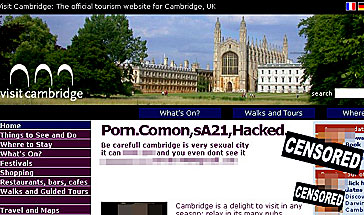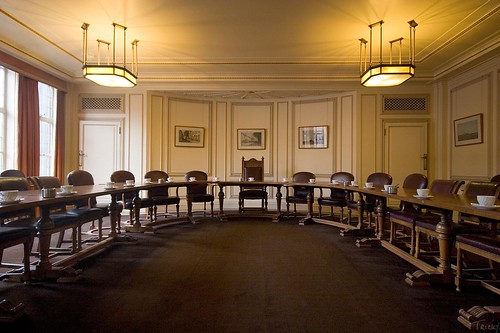A tweet from the Public Sector Forums Twitter feed alerted me to this story of Stockport Council’s Facebook presence, which, at the time the article was written, wasn’t particularly popular:
A LOCAL authority which reached out to the Facebook generation has suffered an embarrassing snub.
Stockport council set up a page on the social networking site with the aim of spreading the word about its services.
But six months on, the authority has been exposed as an online pariah – after it attracted only six ‘fans’.
I’m delighted to say that as a result of this publicity, the Council now has 46 fans – almost as many as DavePress!
What can be learned from this? That if you build it, they won’t come.
Anything that a council, or any other organisation, does on the web needs to be pushed, promoted and managed. These are the human elements which are so important in engagement excercises. An online project like this will not succeed if you just put it together and then sit back expecting people to join in droves.
This is partly an online marketing issue, and partly one of community management. I doubt there are many in local government who have these skills listed as being required for their jobs, but they are becoming more and more necessary.
There is another issue, peculiar to Facebook, which is one of vocabulary. Does anyone really want to become a ‘fan’ of their local council? Surely there is some more appropriate wording that could be used…


